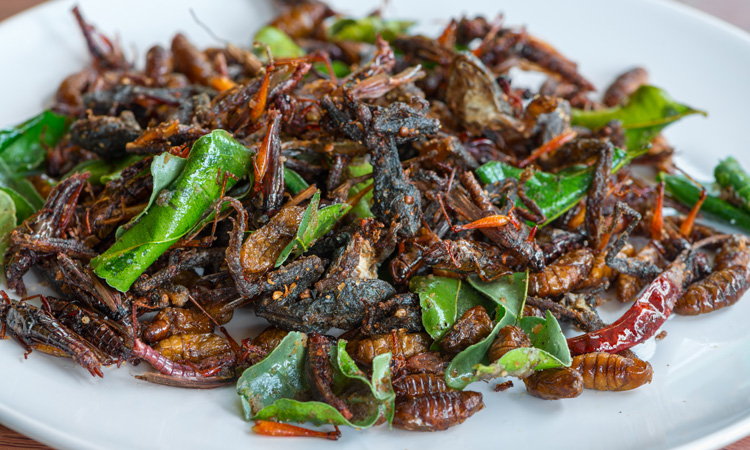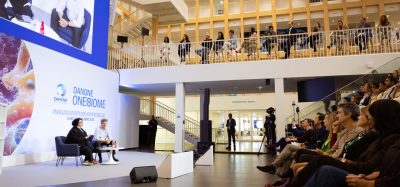European project looks to advance insects-as-food market
Posted: 7 May 2020 | Sam Mehmet (New Food) | No comments yet
With current insect demand mainly stemming from migrant communities and niche markets, trade in insects-as-food is limited in Western countries, which the ValuSect consortium hopes to expand.


A new project has set out to improve the sustainable production and processing techniques of insect-based products and transfer developed knowledge to agri-food businesses in North-West Europe.
Companies who are interested can receive a voucher worth up to €40,000 in services delivered by the project partners to develop products, conduct consumer taste panels, optimise breeding conditions and improve insect food processing.
ValuSect, which stands for Valuable Insects, is a consortium of partners coordinated by Thomas More University and supported by a €2.08 million grant from the INTERREG North-West Europe programme.
At a time of rising population and decreasing resources, especially in densely populated areas such as North-West Europe, sustainable alternatives for food resources are needed and ValuSect believes insects could be one of them.
“The question is no longer if insects can be the solution for the increasing protein demand; now the focus is on the search for the best strategy to strengthen this development,” said Sabine Van Miert, project leader, Thomas More University.
Approximately 30 percent of EU consumers are willing to eat insect-based food, according to a survey, and ValuSect aims to increase this number by improving the quality of insect production and processing, carrying out consumer tests, and reducing its environmental impact. Research will focus on the emission of greenhouse gasses, the impact of substrates, food safety and on the shelf life of insect-based food products.
The project will use species that already have an application running for authorisation under the EU novel food regulation. Beyond the lead partner, the project consists of nine full members and eight associated partners from seven different countries. The project will run until June 2023.
Related topics
Environment, Product Development, Research & development, Sustainability









